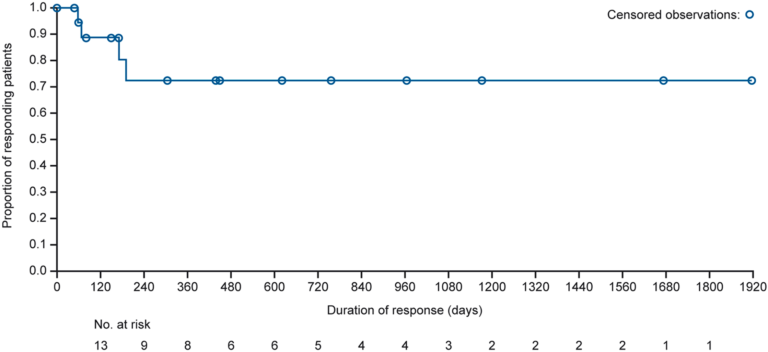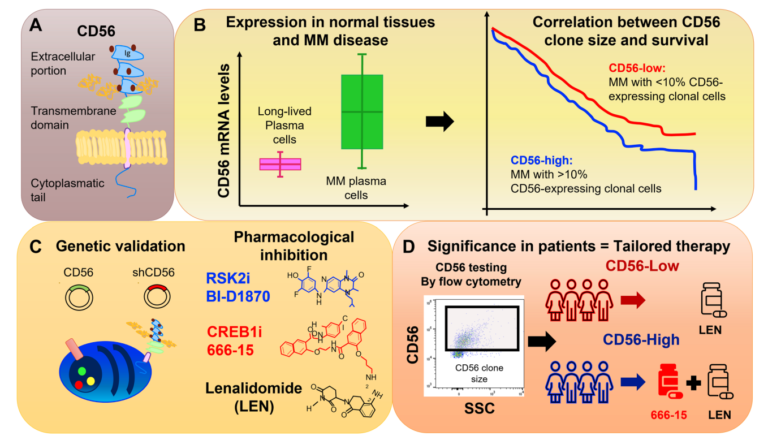“Aging can be understood through the development of all quasi-programmed diseases.”
BUFFALO, NY- February 2, 2023 – A new research perspective was published in Aging (listed as “Aging (Albany NY)” by MEDLINE/PubMed and “Aging-US” by Web of Science) Volume 15, Issue 2, entitled, “Are menopause, aging and prostate cancer diseases?”
In this new research perspective, researcher Mikhail (Misha) Blagosklonny M.D., Ph.D., from Roswell Park Comprehensive Cancer Center wrote in the abstract: “There is no doubt that prostate cancer is a disease. Then, according to hyperfunction theory, menopause is also a disease. Like all age-related diseases, it is a natural process, but is also purely harmful, aimless and unintended by nature.
But exactly because these diseases (menopause, prostate enlargement, obesity, atherosclerosis, hypertension, diabetes, presbyopia and thousands of others) are partially quasi-programmed, they can be delayed by slowing aging.
Is aging a disease? Aging is a quasi-programmed disease that is partially treatable by rapamycin. On the other hand, aging is an abstraction, a sum of all quasi-programmed diseases and processes. In analogy, the zoo consists of animals and does not exist without animals, but the zoo is not an animal.”
Read the Full Paper: DOI: https://doi.org/10.18632/aging.204499
Corresponding Author: Mikhail V. Blagosklonny
Corresponding Emails: Blagosklonny@oncotarget.com, Blagosklonny@rapalogs.com
Keywords: geroscience, mTOR, hyperfunction theory of aging, lifespan, healthspan
Sign up for free Altmetric alerts about this article: https://aging.altmetric.com/details/email_updates?id=10.18632%2Faging.204499
AGING (AGING-US) VIDEOS: YouTube | LabTube | Aging-US.com
About Aging-US:
Launched in 2009, Aging (Aging-US) publishes papers of general interest and biological significance in all fields of aging research and age-related diseases, including cancer—and now, with a special focus on COVID-19 vulnerability as an age-dependent syndrome. Topics in Aging go beyond traditional gerontology, including, but not limited to, cellular and molecular biology, human age-related diseases, pathology in model organisms, signal transduction pathways (e.g., p53, sirtuins, and PI-3K/AKT/mTOR, among others), and approaches to modulating these signaling pathways.
Please visit our website at www.Aging-US.com and connect with us:
For media inquiries, please contact media@impactjournals.com.

